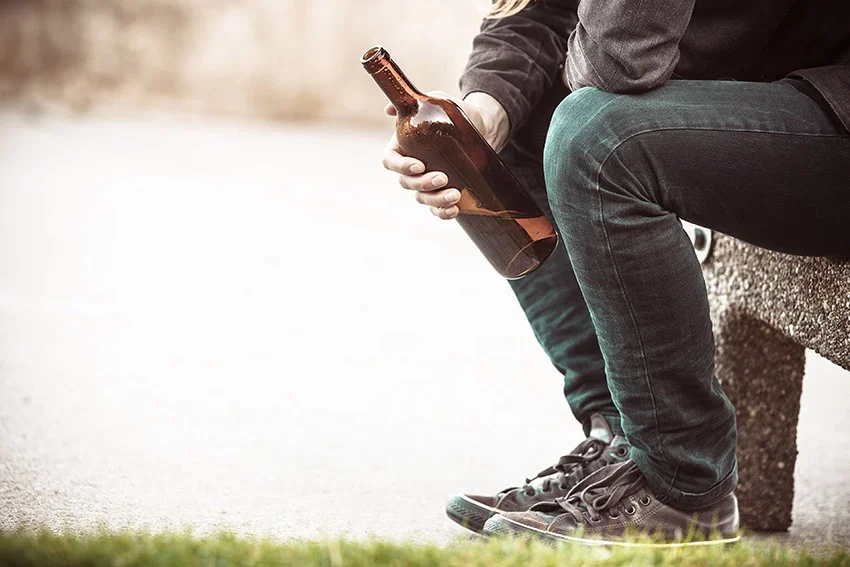As a resource for parents and young adults, Shepherd’s Hill Academy values our partnerships in addition to the support that we provide. Preventing teen alcohol abuse begins with talking to your teens and finding solutions to help guide these important ongoing conversations. We’ve asked our partners at JC’s Recovery Center for their guidelines and advice for beginning these conversations with your teen about alcohol use. Shepherd’s Hill Academy offers therapeutic, faith-based solutions to support teens and their families.

Teenagers are tempted to drink for a myriad of reasons from peer pressure to a desire to feel more mature to simple curiosity. Trying to stop your teen from drinking without attempting to talk with them about it can backfire badly. However, figuring out how to start an informative conversation with them about the subject can be a problem in itself. Here are some great ways to approach the topic of alcohol with your teen.
Research Beforehand
You will need to take the role of educator throughout your conversation, and a teacher is never effective when they haven’t done proper research on the topic. There are countless sources of information on alcohol consumption on the Internet. Research several websites and take detailed notes as you go. Try to think of questions you’d ask about drinking if you were your teen’s age and have a list of answers ready. If you need somewhere to start, Shepherds Hill Academy has a great resource here.
Ask About Their Opinions on Drinking
One of the best ways to start a conversation about drinking with your teen is asking for their opinions on the subject. You’re conveying to them that you want to hear what they think, that you respect their views and that they are an active participant in this discussion. One of the worst ways of approaching sensitive topics like this is making them feel like you’re lecturing them or create restrictions on their lives without caring about their opinions. Be calm, listen and let them know that you won’t judge them for any answer they give.
Don’t Start By Asking If They’ve Ever Drank Before
This is an important question to ask, but it’s one better saved until a little later into the conversation. When you spring this question on them out of nowhere, it can easily put them on the defensive. It doesn’t matter if they’ve drank before or not, asking this question right out the gate comes off as accusatory.
Once you’ve gotten the conversation going and made them more comfortable about the discussion, then you can pose the question to them. If they have drank before, withhold judgment in the conversation. Ask them how they felt about it, why they did it and if they felt like they had a desire to drink more in the future.
Share Your Honest Opinions on Drinking
Many parents make the mistake of demonizing drinking to scare teens away from it when, in actuality, they drink on occasion. Some parents don’t like drinking, but they respect the decisions of other adults to drink responsibly. The problem with using these scare tactics is that it disrespects your teen’s ability to make the choice for themselves and sometimes makes the parent look hypocritical.
Be honest with your teen about your overall views on alcohol, and then follow it up with your opinion of them drinking. You might be scared that they could overdo it and get hurt. You could be concerned that they’ll develop an alcohol addiction due to your family having issues with alcoholism. When you start the conversation by respecting their opinions, they will be open to hearing yours.
Explain the Facts
It’s important for teens to know and understand the risks of alcohol consumption in order to make an informed choice on the matter. Explain the statistics on teen drunk driving accidents, lowered performance in school and extracurricular activities, the increased risk of suicide and the higher chance of being a victim of violent crime.
Teach Them How to Deal with Peer Pressure
Even the most responsible and level-headed teen can succumb to peer pressure. Teach them effective responses, such as saying they don’t like the taste of alcohol, drinking makes them feel sick, they prefer soda or simply a polite yet firm refusal. Be sure to tell them that anyone who won’t hang out with them or be their friend unless they drink isn’t a friend worth having.
Abby Drexler is a contributing writer and media specialist for JC’s Recovery Center. She regularly produces content for a variety of mental health blogs.

